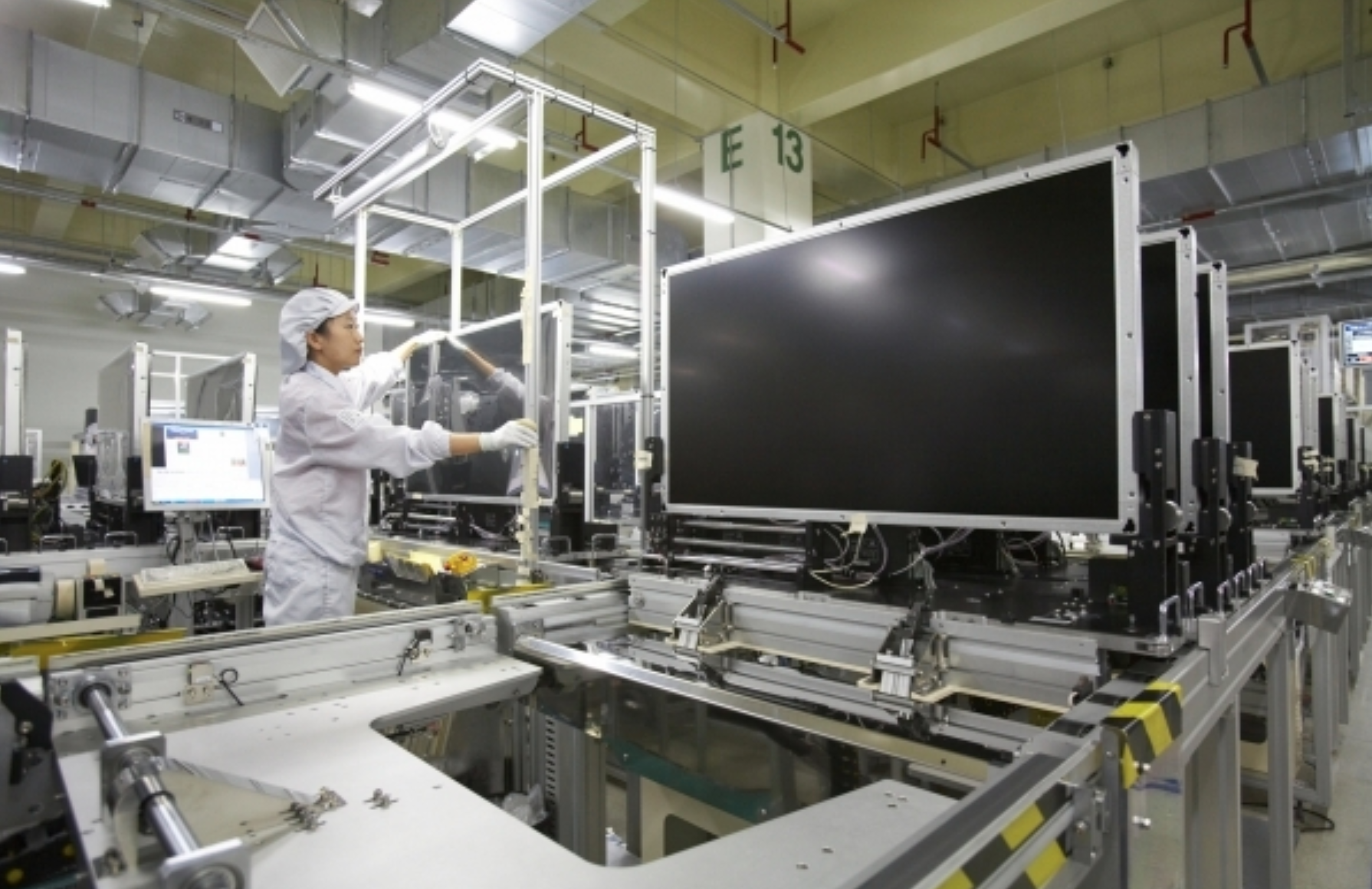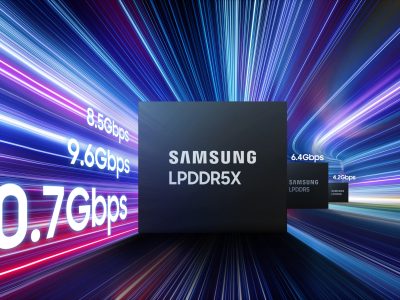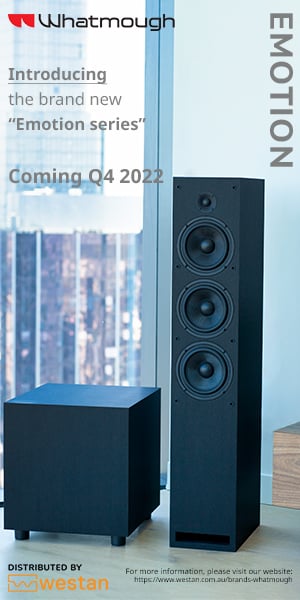Samsung Electronics is forecasting a 23% fall in profits as inflation and global problems impacting the South Korean giant who claims that demand for processors is falling.
Operating profits from the third quarter is tipped to have declined by 23.4 percent on quarter. The downfall will mark the first quarterly dip in the company’s operating profits since the fourth quarter in 2019.
In Australia Samsung insiders have told ChannelNews that sales “have gone soft across multiple categories” during the past quarter including in the smartphone market.
The company said its third-quarter sales are expected to be up 2.73 percent on year and down 1.55 percent on quarter.
Despite the news Samsung shares fell less than 1% despite analysts concerns that Samsung’s earnings guidance for the July-September period was well below market expectations.
The bulk of Samsung’s profits come from their processor manufacturing business which in the second quarter, accounted for 70 percent of the total operating profits.
Although the earnings guidance did not include detailed numbers by business sectors, market analysts pointed to a slowdown in the worldwide semiconductor market behind the chipmaker’s steep decline in its operating profits.
Amid the ongoing global economic downturn, the demand for smartphones and computers is shrinking as companies have been looking to use up the chips in stock first rather than purchasing more semiconductors, causing a drop in memory chip prices.
Choi Do-yeon, an analyst at Shinhan Securities, said “unprecedented supply cutbacks” of memory chips are expected on a steep decline in tech product demand.
“The upward cycle of semiconductors that lasted for about three years has created the largest amount of (chip) stock burden in history. As the upward cycle has lasted for a long time, there are concerns about its aftereffects,” he added.
Samsung’s fourth-quarter outlook in the semiconductor sector also appears grim. Analysts FnGuide predicted Samsung’s operating profits to dip below 10 trillion won in the next quarter.
The prices of DRAM and NAND flash are forecast to decrease by 13 to 18 percent and 15 to 20 percent in the fourth quarter, respectively, according to global market intelligence firm TrendForce. It said more memory chip suppliers should cut down their semiconductor production in order to normalize the imbalance between demand and supply next year.
Samsung, however, has reaffirmed its will continue producing memory chips even with the risks of falling chip prices and oversupply.
Han Jin-man, senior vice president of Samsung’s memory chip business division, said the company is not having discussions on cutting down its chip production at the moment during the Samsung Tech Day 2022 in San Jose, California, on Wednesday.
Samsung Electronics will release its final third-quarter earnings on Oct. 27.













































